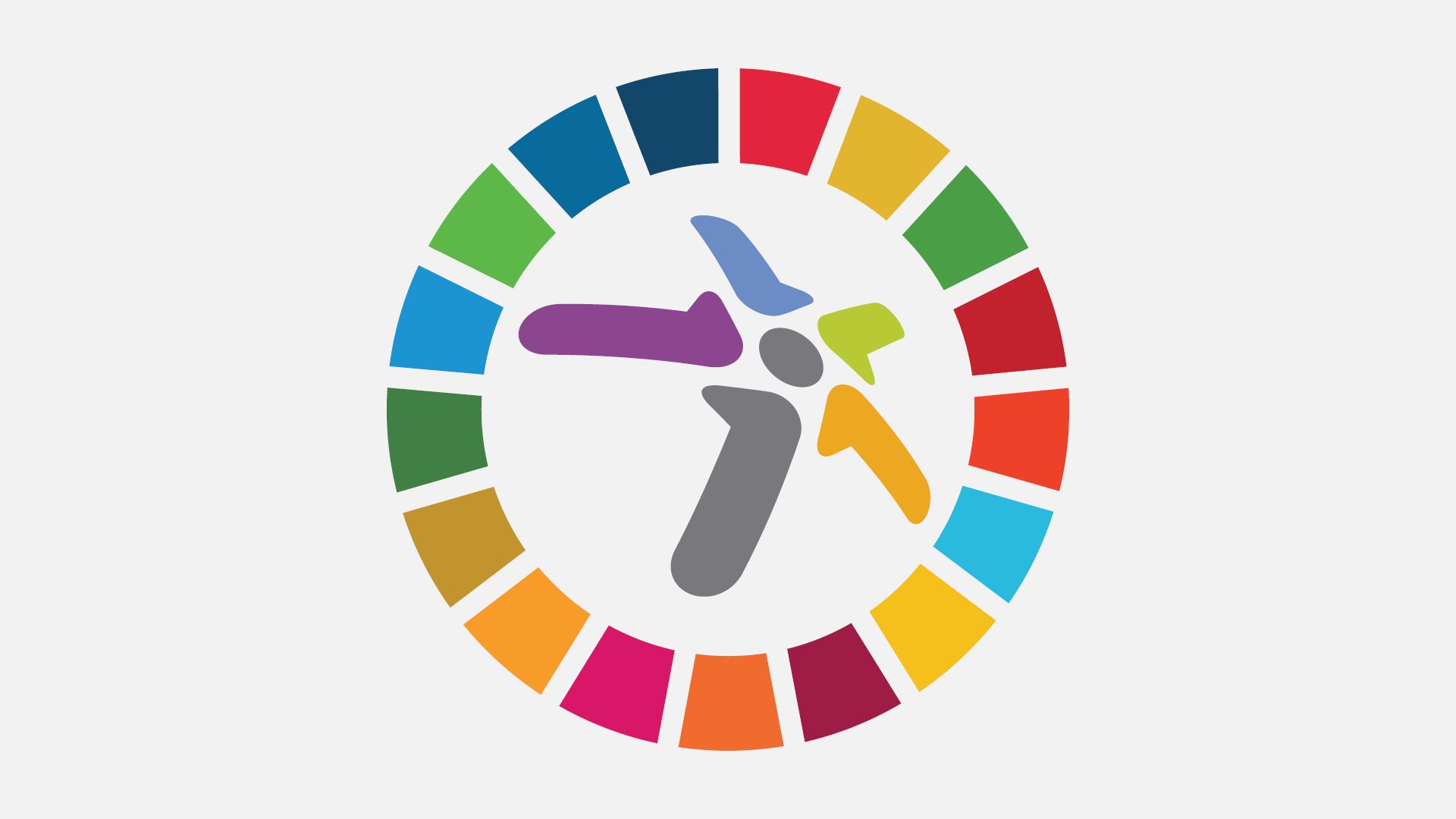
WSIS Forum 2023: Digital must be leveraged to put sustainable development back on track
ITU News
Twenty years ago, then-United Nations Secretary-General Kofi Annan told leaders at the first World Summit on the Information Society (WSIS) how digital technologies could “improve the standards of living for millions upon millions of people.”
Just over 12 per cent of the world’s population were using the Internet then, compared to 66 per cent (and growing) nowadays.
The accelerating digital revolution should enable today’s leaders to change “billions of people’s lives for the better,” said Doreen Bogdan-Martin, Secretary-General of the International Telecommunication Union (ITU), in her 14 March opening address to WSIS Forum 2023.
Actions outlined through the multi-stakeholder WSIS process since 2003 are “inextricably linked” with the UN Sustainable Development Goals (SDGs) for 2030. But COVID-19 and geopolitical turbulence have nearly derailed the 17 global goals.
“We are in a race against time,” Bogdan-Martin said. “Progress has either stalled or gone backwards — especially for those in the Global South.”
UN Secretary-General Antonio Guterres, addressing the WSIS Forum in a video message, underlined the need to connect the 2.7 billion people who still lack Internet access. “We must bridge the digital divide and ensure that everyone has access to the Internet in this decade — in particular women and girls.”
But he also warned of the risks posed by fast-evolving tech: “Today, digital technologies are transforming our lives, changing the very fabric of society. But they’re also outpacing regulations and aggravating inequalities,” he said.
Need for broad cooperation
At the opening of this year’s WSIS Forum, leaders of various UN agencies called for strengthened digital cooperation to respond to the challenges of today.
Pedro Manuel Moreno, Deputy Secretary-General of the UN Conference on Trade and Development (UNCTAD), highlighted UN-led talks to reach a Global Digital Compact, saying: “Digital cooperation is key.”
Dr Tawfik Jelassi, Assistant Director-General for Communication and Information at the UN Economic, Scientific and Cultural Organization (UNESCO), said societies would need “digital literacy and competencies” to navigate a landscape increasingly marred by “misinformation, hate speech and other harmful content.”
UNESCO-led consultations aim to safeguard freedom of expression online. “The Internet must be inclusive, governed as a common good, and managed in the public interest to ensure sustainability and equitable distribution,” said Jelassi.
Robert Opp, Chief Digital Officer for the United Nations Development Programme (UNDP), said the WSIS community could help put sustainable development back on track. “We all — international organizations, government ministries, the private sector and civil society — must work together in a coherent and complementary way,” he said.
Enhancing governance and taking action together
Emerging technologies such as generative AI have raised new questions this year, said H.E. Eng. Majed Sultan Al Mesmar, Director-General of the Telecommunications and Digital Government Regulatory Authority (TDRA) for the United Arab Emirates. “We have to be able to understand these challenges, review the negative impact of these technologies, and implement new regulation in terms of ethics.”
Saudi Arabia’s Communications, Space and Technology Commission (CST) Governor, H.E. Dr Mohammed Saud Al Taminimi, called for “a more global perspective” on sustainable development and climate solutions. “We must make sure that everyone can have access to data… to ensure well-being of the people at a global level.”
Sustainable development drivers
Tatiana Valovaya, Director-General of the United Nations Office in Geneva, underscored gender equality (Sustainable Development Goal 5) as a key multiplier. While tech can help meet all 17 SDGs, the sector remains male-dominated, and public data is often gender-biased.
Masahiko Metoki, Director-General of the Universal Postal Union, said future post offices would be “digital hubs.”
Daren Tang, Director-General of the World Intellectual Property Organization (WIPO), concurred: “As the digital transformation continues to accelerate, more and more economies and enterprises are turning to innovation, creativity, technology and entrepreneurship to drive growth and improve lives.”
Qu Dongyu, Director-General of the UN Food and Agriculture Organization (FAO), addressing the forum remotely, said tech was key to feed the world. “Information data and AI are key accelerators and supporters of digital agriculture.”
Olga Algayerova, Executive Secretary of the UN Economic Commission for Europe (UNECE), noted how data-driven digital innovation could enhance environmental and climate solutions and help build circular economies. “Digital technologies are facilitating the decarbonization of the energy sector, the shift to sustainable mobility, and the reshaping of urban services.”
Next phase in digital cooperation
The UN system is gearing up for next year’s Summit of the Future to conclude the Global Digital Compact. At the same time, it is embarking on a review of the 20-year implementation process and outcomes following from the original World Summit on the Information Society, as well as charting the future of the process beyond 2025.
This year also marks a mid-point in the implementation of the UN sustainable development agenda, with the SDG Summit planned for September to review and follow up on implementation.
ITU — the UN tech agency — plans for an “SDG Digital Day” to:
- Showcase game-changing solutions.
- Mobilize renewed commitments from government, industry, academia and others through the Partner2Connect Digital Coalition.
- Form new partnerships where needed.
It all aims to ensure digital technologies play their essential part — helping to drive progress on the sustainable development agenda.
